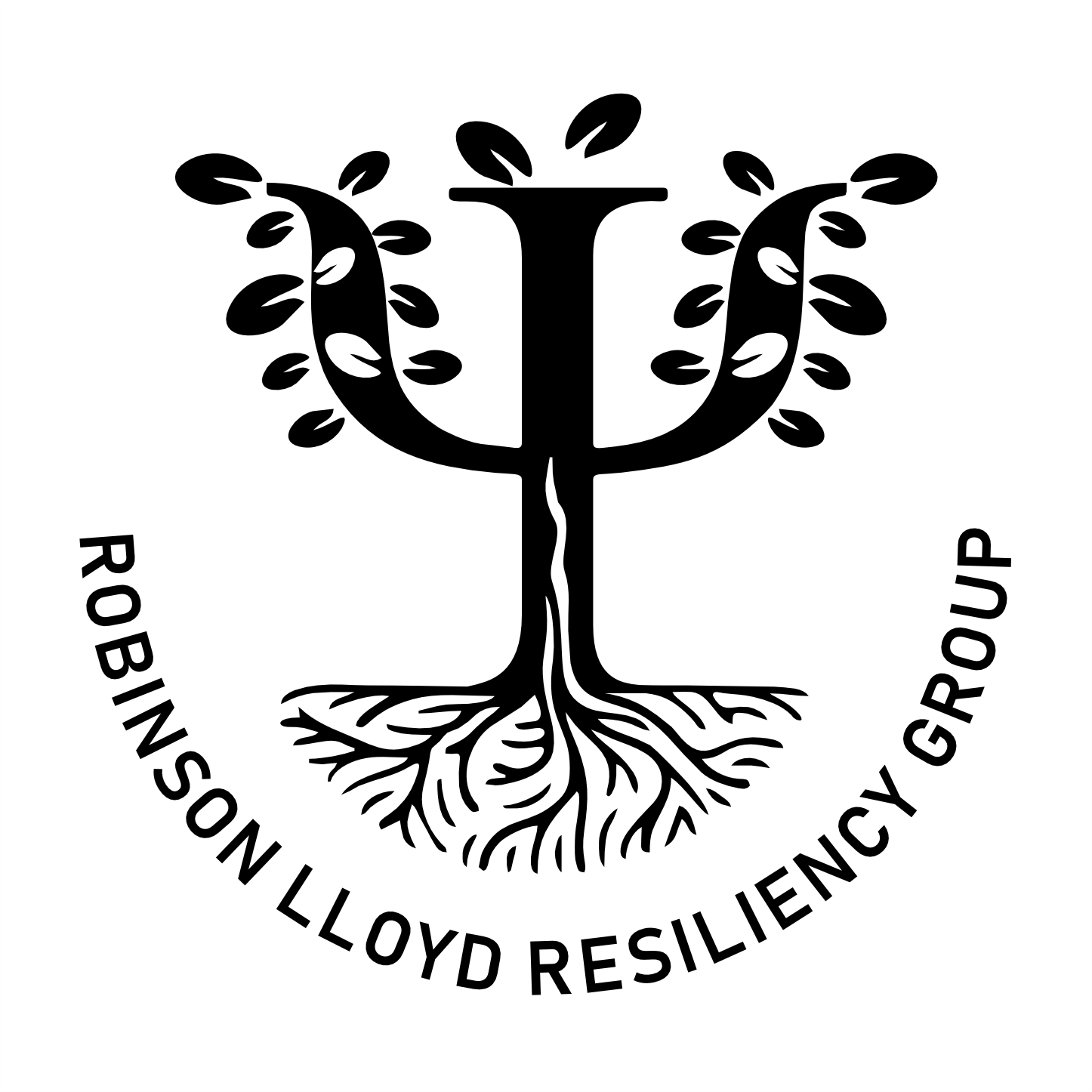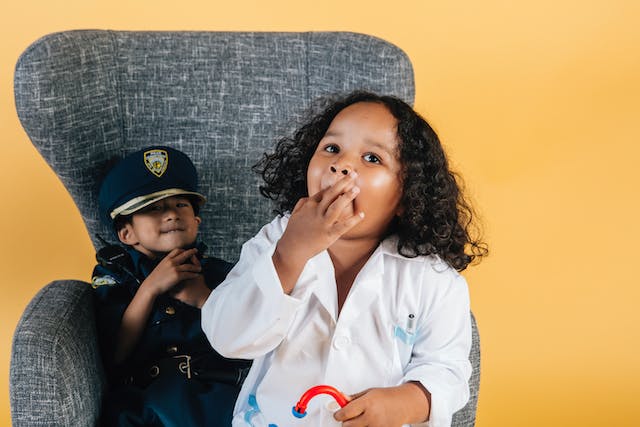How Do Students Benefit from Goal Setting?
“What do you want to be when you grow up?” I asked Rosa.
“I am not sure…um…a dentist,” she responded shyly.
“Can you see how excelling in your school work could help you become a dentist?” I asked.
“Yeah, well, it takes a long time and a lot of studies?” Rosa responded.
“What would it mean to you to have finally achieved your goal of being a dentist?” I queried.
“Well…” Rosa’s eyes beamed, “I have always been fascinated with teeth, how they grow, are different colors, they seem to tell a life of their own. I would be able to study teeth and help people take good care of their teeth.”
She nailed it!
In the dynamic landscape of education, fostering success goes beyond imparting knowledge — it necessitates equipping students with the skills to plan and implement goals. Rosa may have to face several environmental and socio-economical obstacles and would benefit from planning for those as well.
Every week, we share Insights on enhancing students’ resilience. This week’s Insight advocates for the integration of goal-setting methodologies into educational curricula, highlighting the transformative impact on students’ academic achievements, personal development, and future success.
1. Foundations of Academic Success: Goal planning instills a sense of purpose, providing students with a roadmap for academic success (Locke & Latham, 2002). When students set and work towards specific, challenging goals, they are more likely to experience academic achievement and sustained motivation.
2. Life Skills beyond the Classroom: Goal-setting is a life skill transcending academic realms. Our Resilient Stars Curriculum includes a module on strategic planning. Teaching students how to plan and implement goals cultivates skills like time management, organization, and perseverance (Zimmerman, 2008). These skills are invaluable for navigating the complexities of adult life and the professional world.
3. Intrinsic Motivation and Engagement: Goal-oriented students often exhibit heightened intrinsic motivation (Deci & Ryan, 1985). When students have a personal stake in their objectives, they become more engaged in the learning process. Intrinsic motivation sustains their commitment to learning, fostering a lifelong love for knowledge.
4. Enhanced Self-Efficacy: Goal accomplishment contributes to increased self-efficacy — the belief in one’s ability to succeed (Bandura, 1997). As students experience success through goal attainment, their confidence grows, influencing their approach to future challenges.
5. Preparation for Real-World Challenges: Life is a series of goals and milestones. Teaching goal planning prepares students for the challenges of the real world by instilling adaptability and resilience (Duckworth et al., 2007). Students equipped with effective goal-setting skills are better equipped to navigate and overcome obstacles.
6. Personal Development and Well-Being: Goal setting promotes personal development, encouraging students to reflect on their values and aspirations (Emmons, 1999). As students align their goals with their intrinsic values, they foster a sense of purpose, contributing to overall well-being.
In this week’s Insight, we demonstrated how integrating goal planning and implementation into educational frameworks is an investment in the holistic development of students. By teaching students the art of goal-setting, educators empower them with tools essential for academic success, personal growth, and future achievements. The implementation of goal-setting methodologies in education is not merely a pedagogical choice; it is a commitment to nurturing resilient, motivated, and empowered individuals poised for success in a dynamic world. This is one reason we included strategic planning in our Resilient Stars Curriculum.
We would like to take the opportunity to thank all our students, parents, teachers, school counselors, administrators, and district leaders who read our weekly Insights! Wishing you all a very bright and prosperous 2024!

